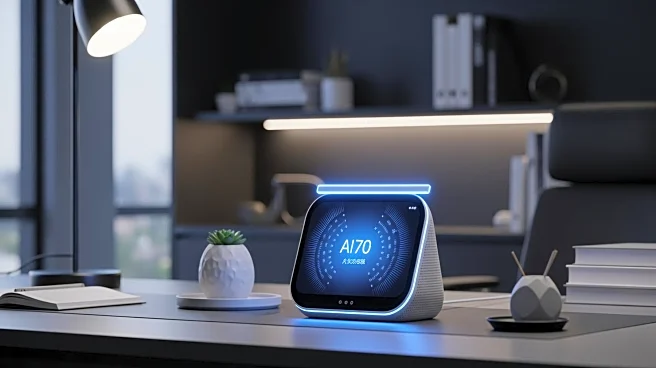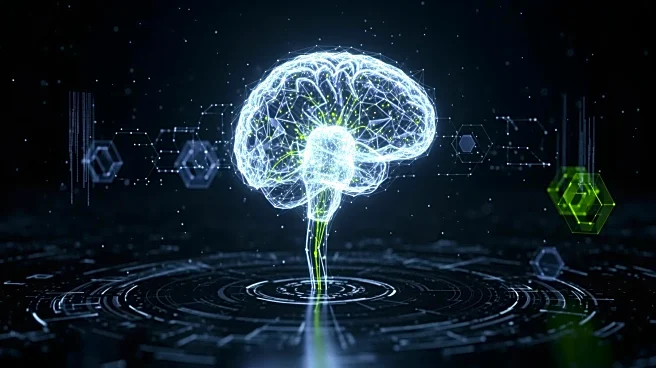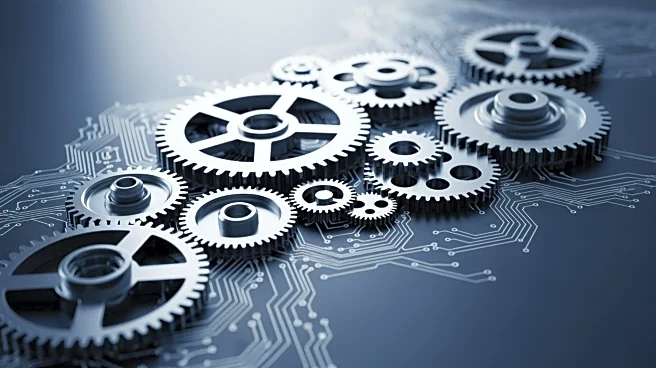What's Happening?
According to PwC's 2025 Global Workforce Hopes & Fears Survey, workers who use generative AI (GenAI) daily report higher productivity, job security, and pay compared to infrequent users. The survey, which included nearly 50,000 workers globally, highlights
that daily GenAI users are more optimistic about their roles and future prospects. However, only 14% of respondents use GenAI daily, indicating a significant opportunity for growth. The survey also reveals disparities in access to learning and development resources, with non-managers feeling less equipped compared to senior executives.
Why It's Important?
The findings from PwC's survey highlight the transformative potential of GenAI in the workplace, offering tangible benefits to those who use it regularly. This underscores the need for organizations to invest in upskilling and redesigning work processes to maximize the advantages of AI technologies. The disparity in access to resources between different levels of employees suggests a need for more inclusive training programs to ensure all workers can benefit from AI advancements. As financial strain increases among the global workforce, leveraging AI for productivity gains could be crucial in maintaining employee motivation and satisfaction.
What's Next?
Organizations may need to reassess their training and development strategies to bridge the gap between different employee levels. Increasing the daily use of GenAI could become a priority to enhance productivity and job satisfaction. As financial pressures mount, companies might focus on aligning leadership goals with employee expectations to boost motivation and engagement. The survey's findings could prompt businesses to explore new ways to integrate AI into daily operations, potentially leading to a more dynamic and efficient workforce.
Beyond the Headlines
The ethical considerations of AI integration in the workplace, such as ensuring equitable access to resources and opportunities, could become a focal point for discussions on corporate responsibility. As AI continues to evolve, balancing technological advancements with human-centric approaches will be key to fostering a supportive and inclusive work environment.















